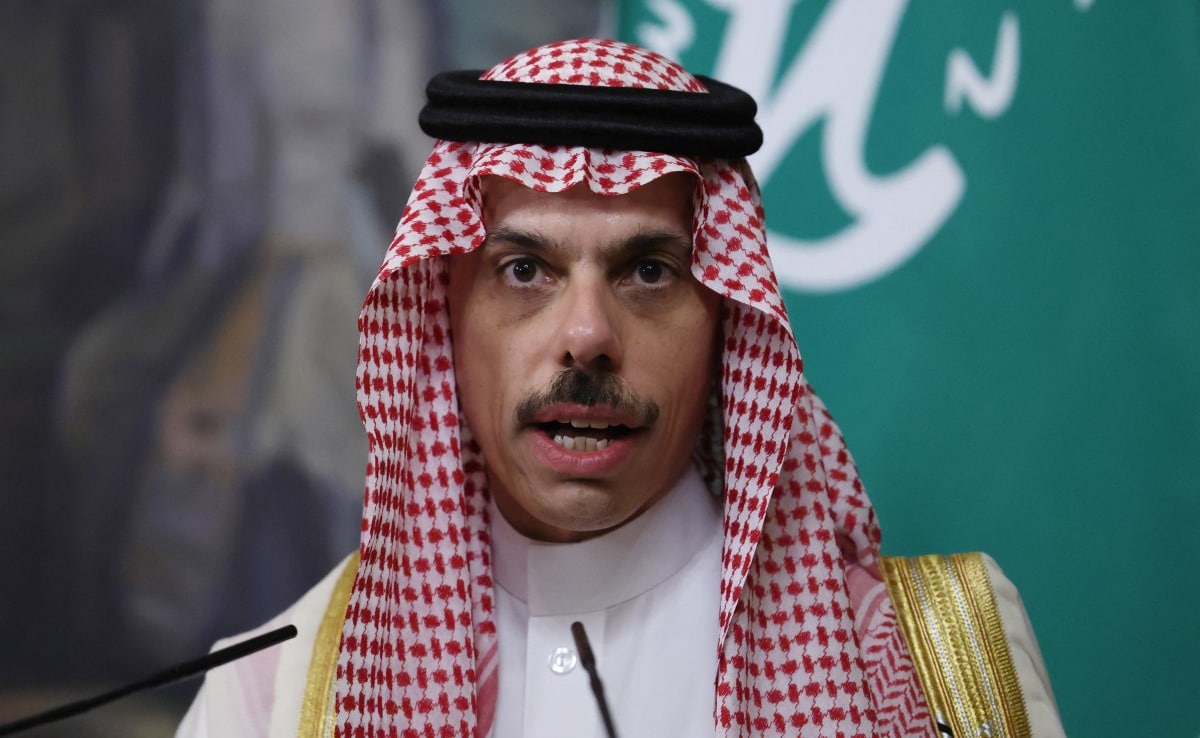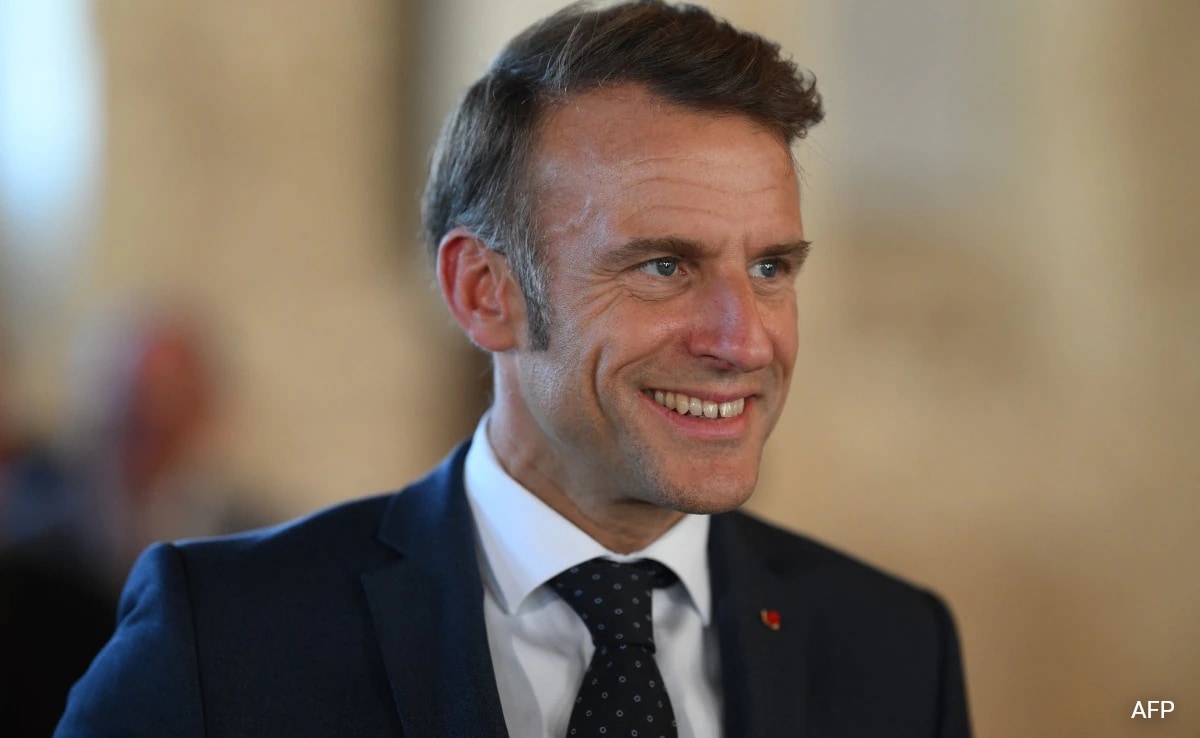Some 1,000 scientists, or nearly 7% of the 18,000 researchers involved with CERN, are affiliated with Russian institutions â most, though not all, are Russian. If they are cut off from participating in experiments and other research, it could slow or complicate upcoming projects involving the centerâs Large Hadron Collider, the worldâs largest and most powerful particle accelerator in an underground, 27-kilometer (17-mile) ring of superconducting magnets in and around Geneva.
A crucial decision for CERNâs governing council looms this week because the collider is set to start operating again in April after a hiatus of more than three years that partly resulted from the coronavirus pandemic. The collider requires regular pauses, and its next run is expected to generate huge amounts of new data.
âWhat kind of projects are the Russians involved here at CERN? Itâs essentially in everything that we are doing,â Joachim Mnich, the director for research and computing. âWeâre in discussions with the council to find a solution for that: Punish â as much as possible, as we can do â the Russian government. But not punishing our colleagues.â
The next operation of the accelerator, which is set to churn out new data starting this summer, will be only the third round of experiments in the collider: A first run took place from 2010 to 2012, and a second from 2015 to 2018. The one starting in April is expected to last until 2026.
On March 8, the CERN Council joined international condemnation of the invasion of Ukraine and suspended new collaborations with Russia and its institutions indefinitely. It also expressed support for Russian scientists who âreject this invasionâ and stripped Russia of its observer status.
CERN is run by 22 European countries and Israel as member states. The United States, Japan and the European Union have observer status. Ukraine is among seven countries with associate member status.
___
Follow the APâs coverage of the war at https://apnews.com/hub/russia-ukraine
.png)











 English (United States) ·
English (United States) ·  Turkish (Turkey) ·
Turkish (Turkey) ·